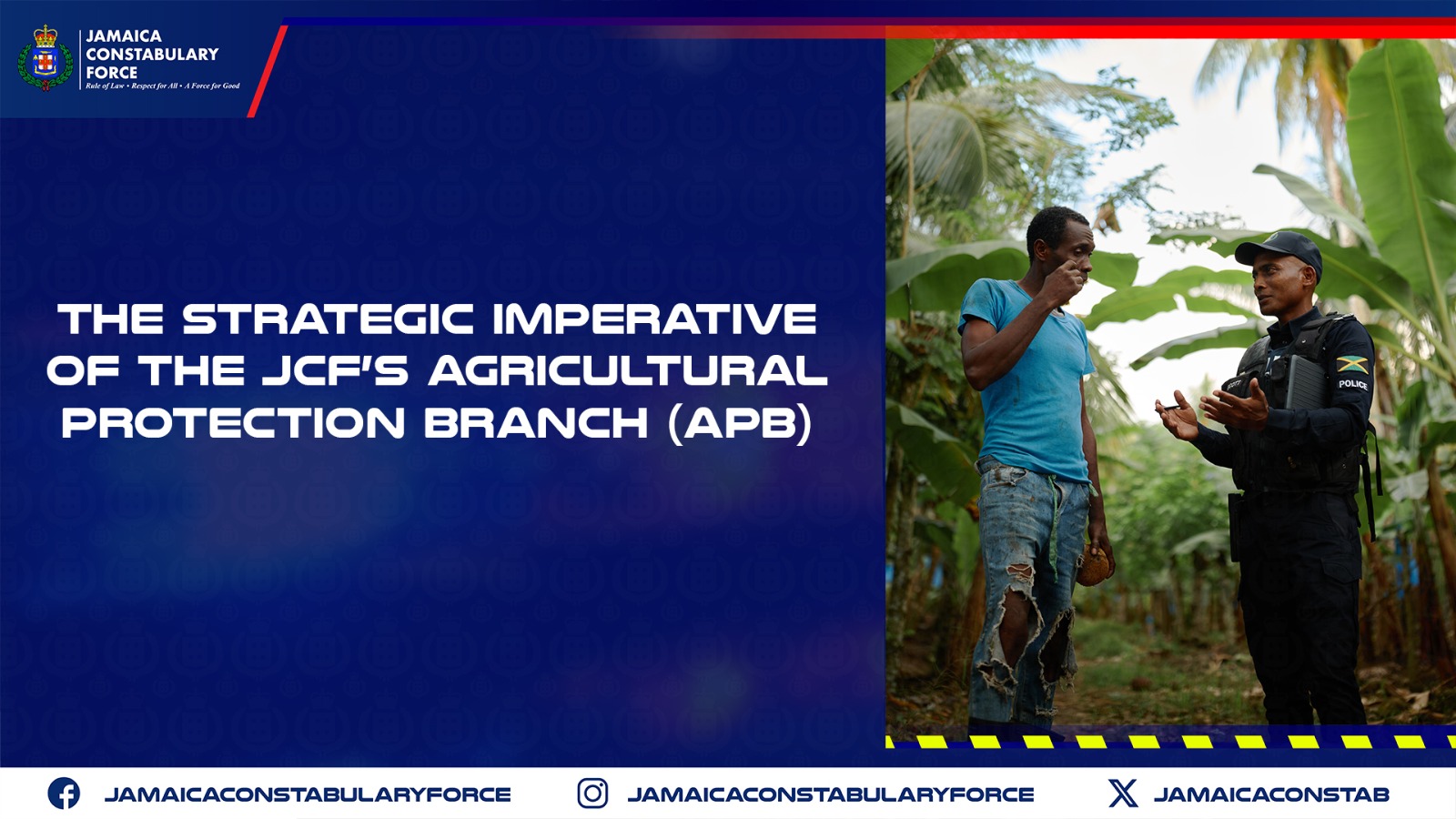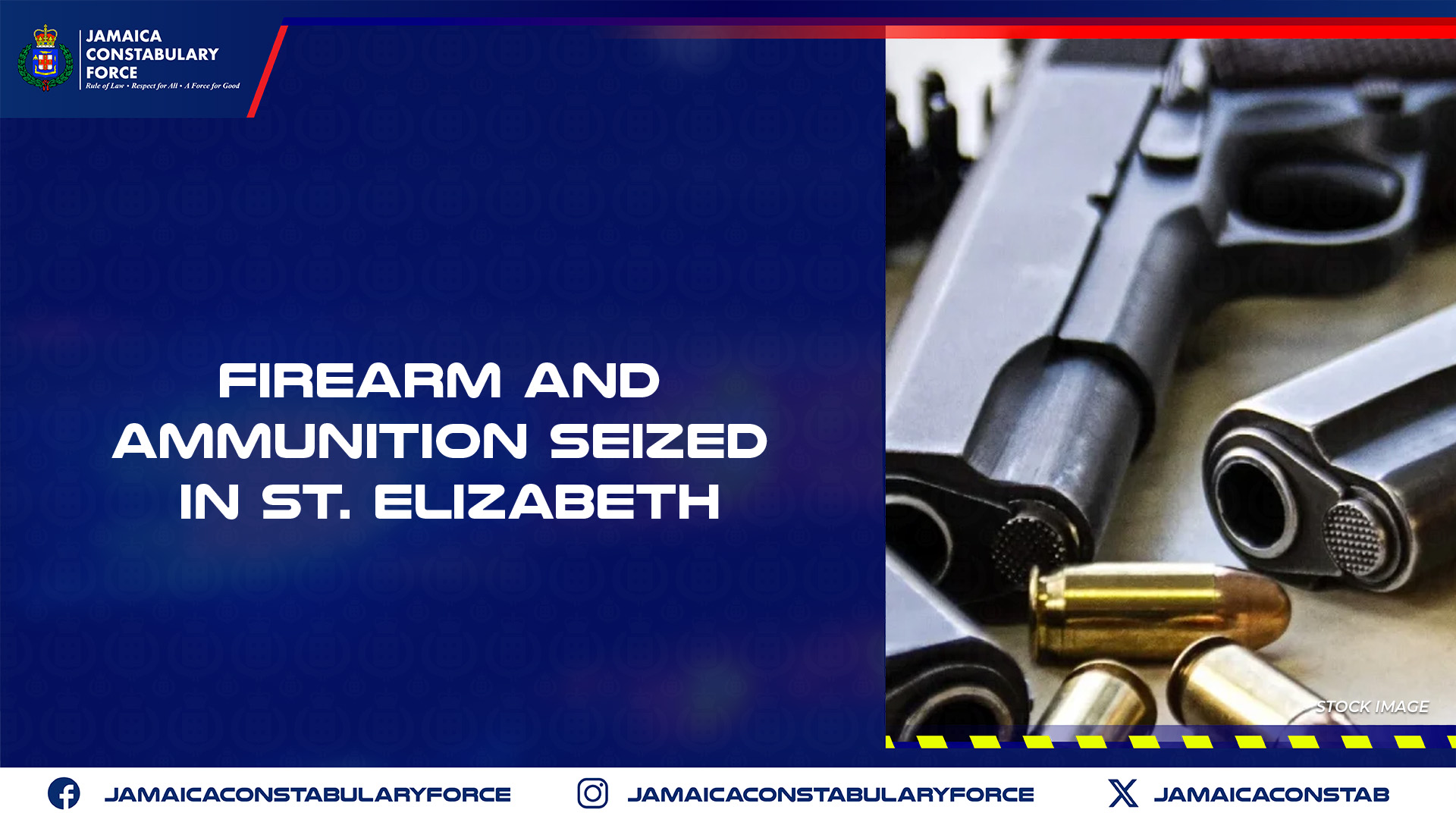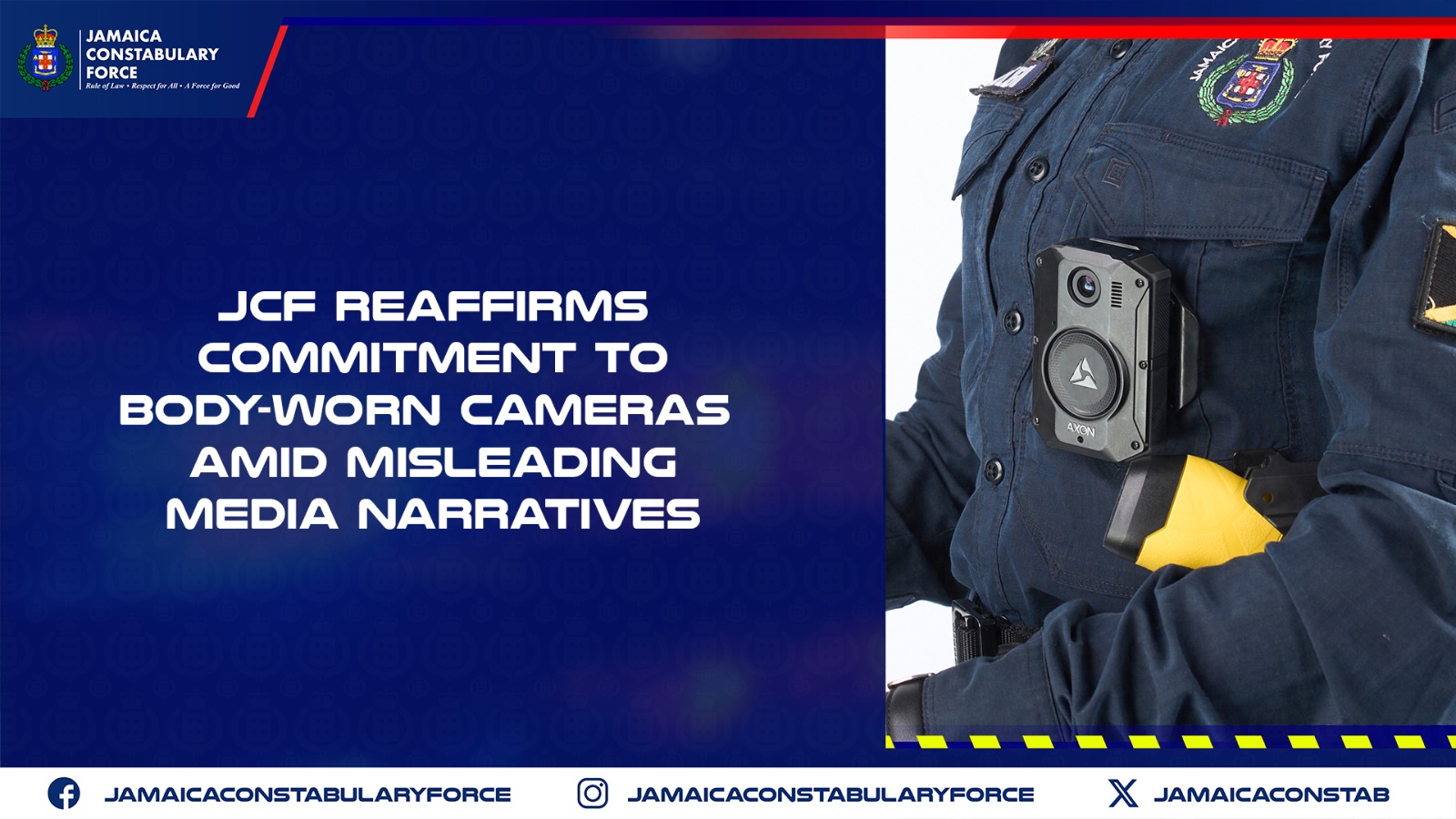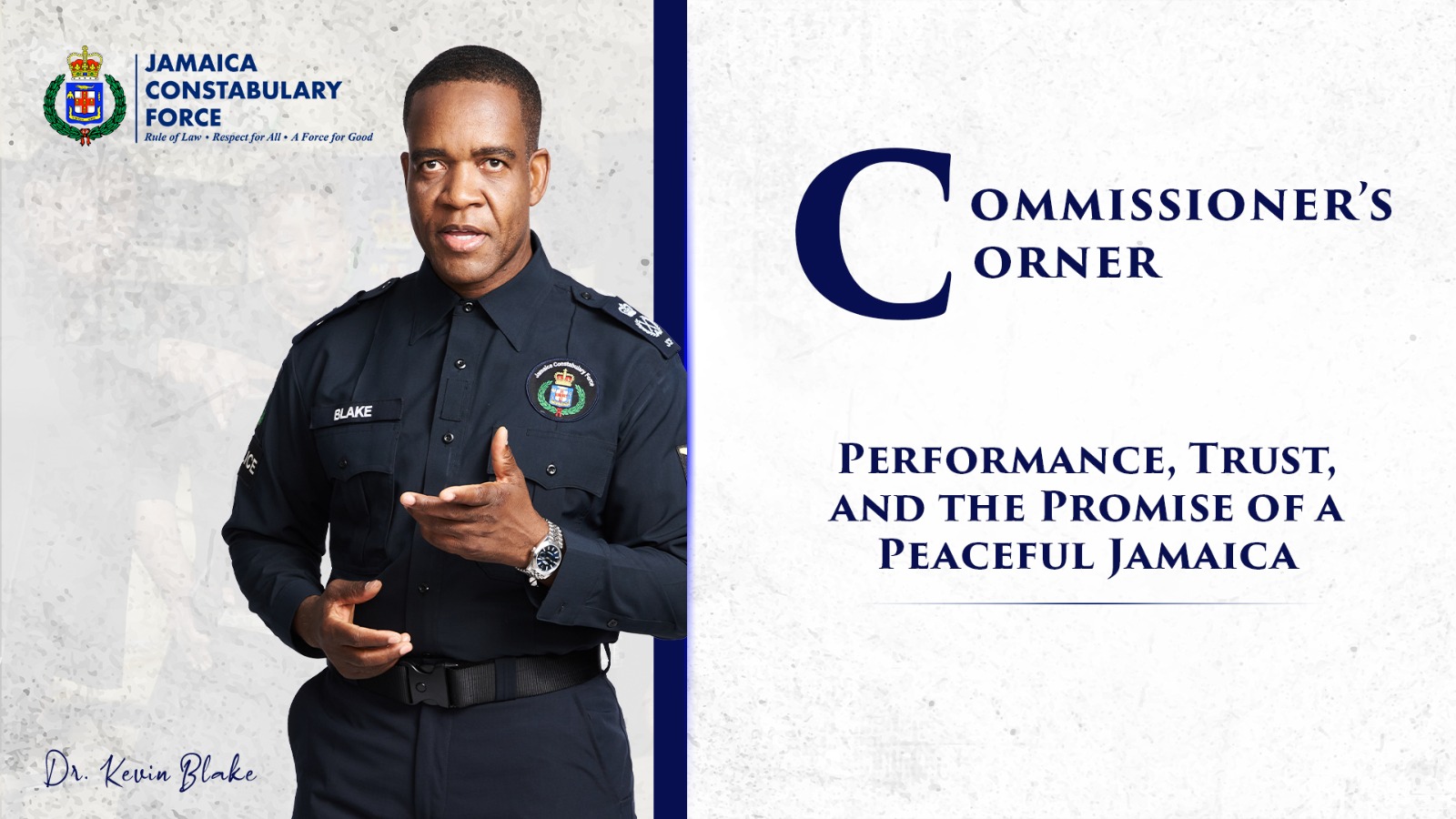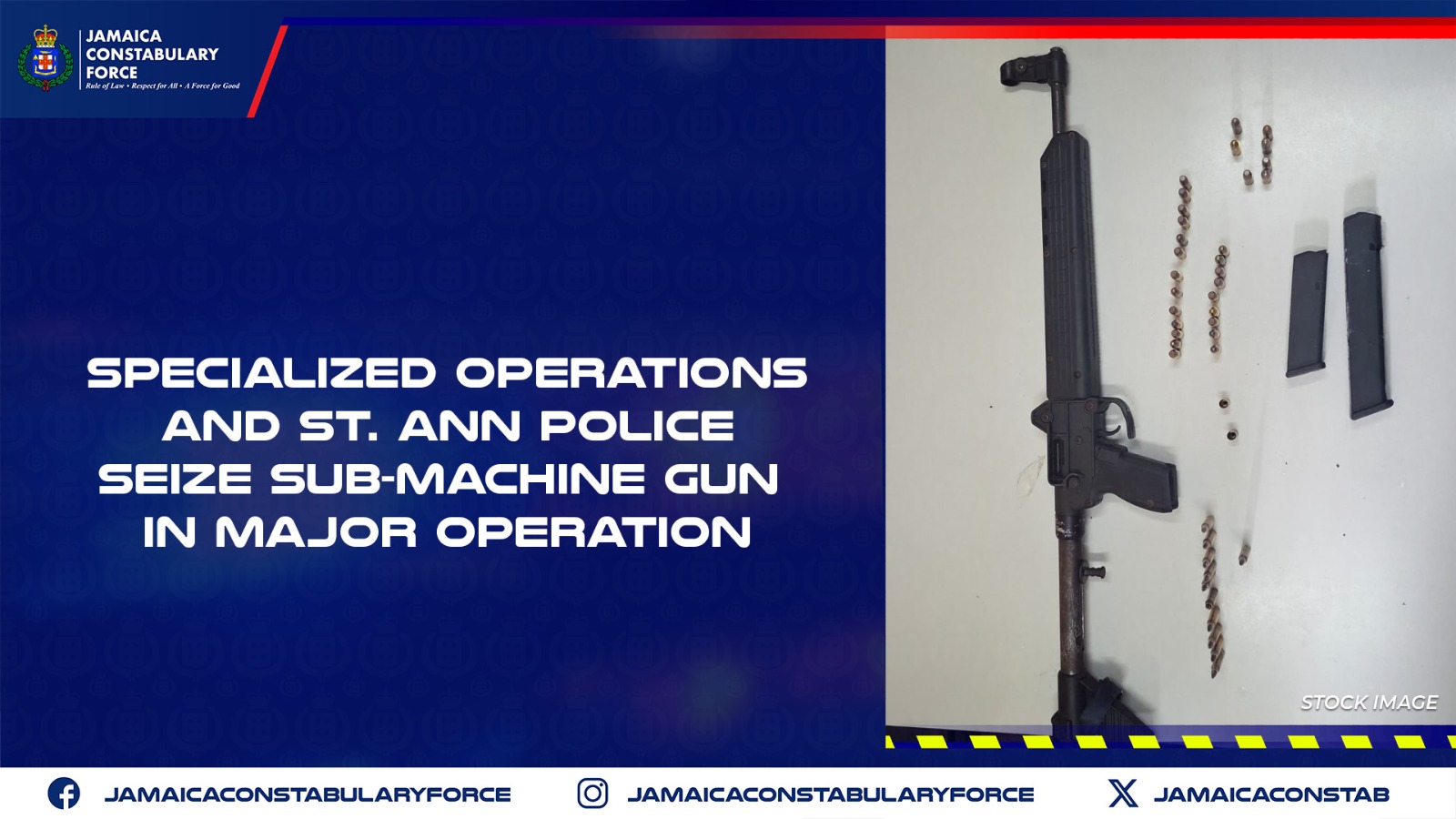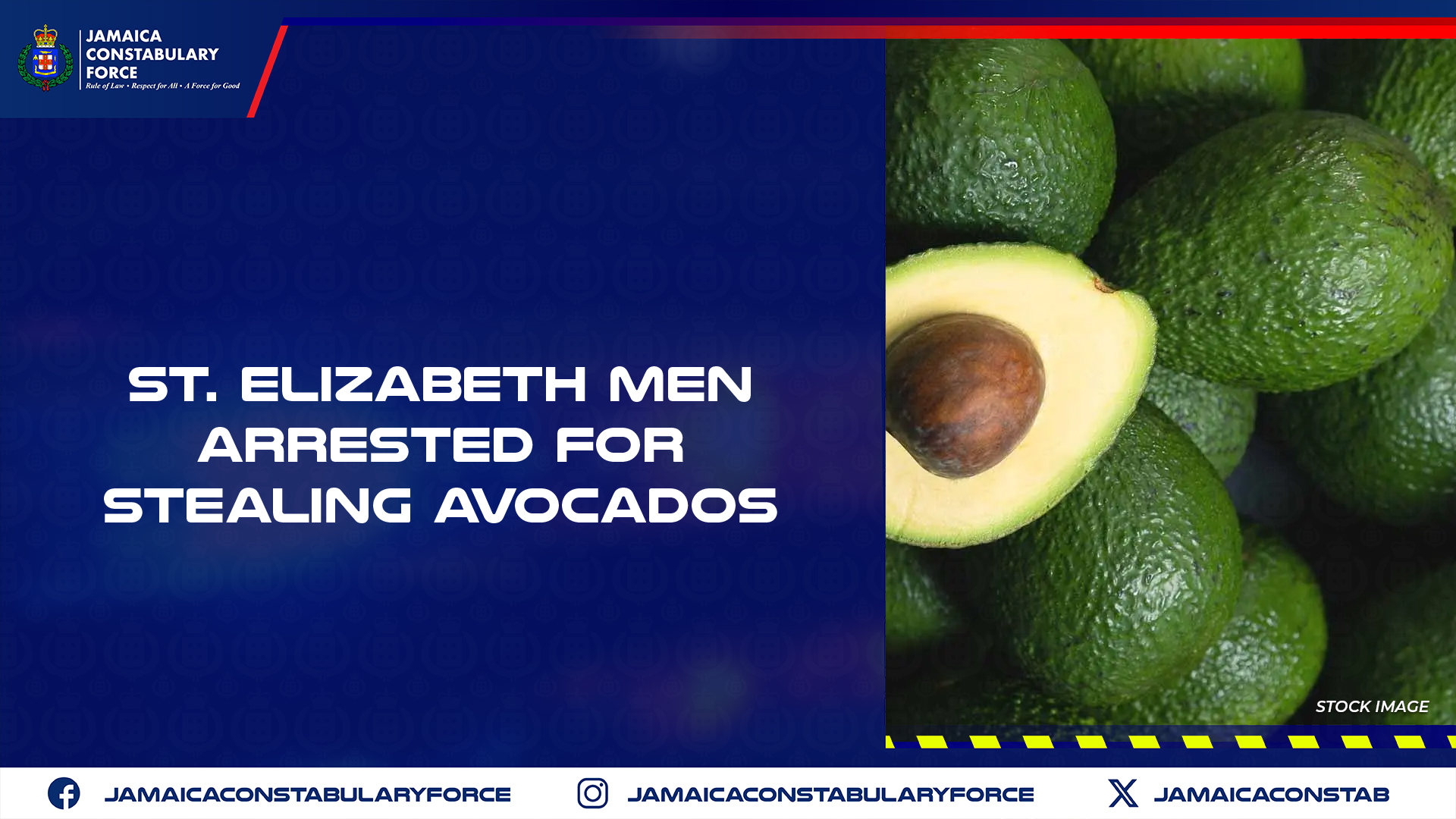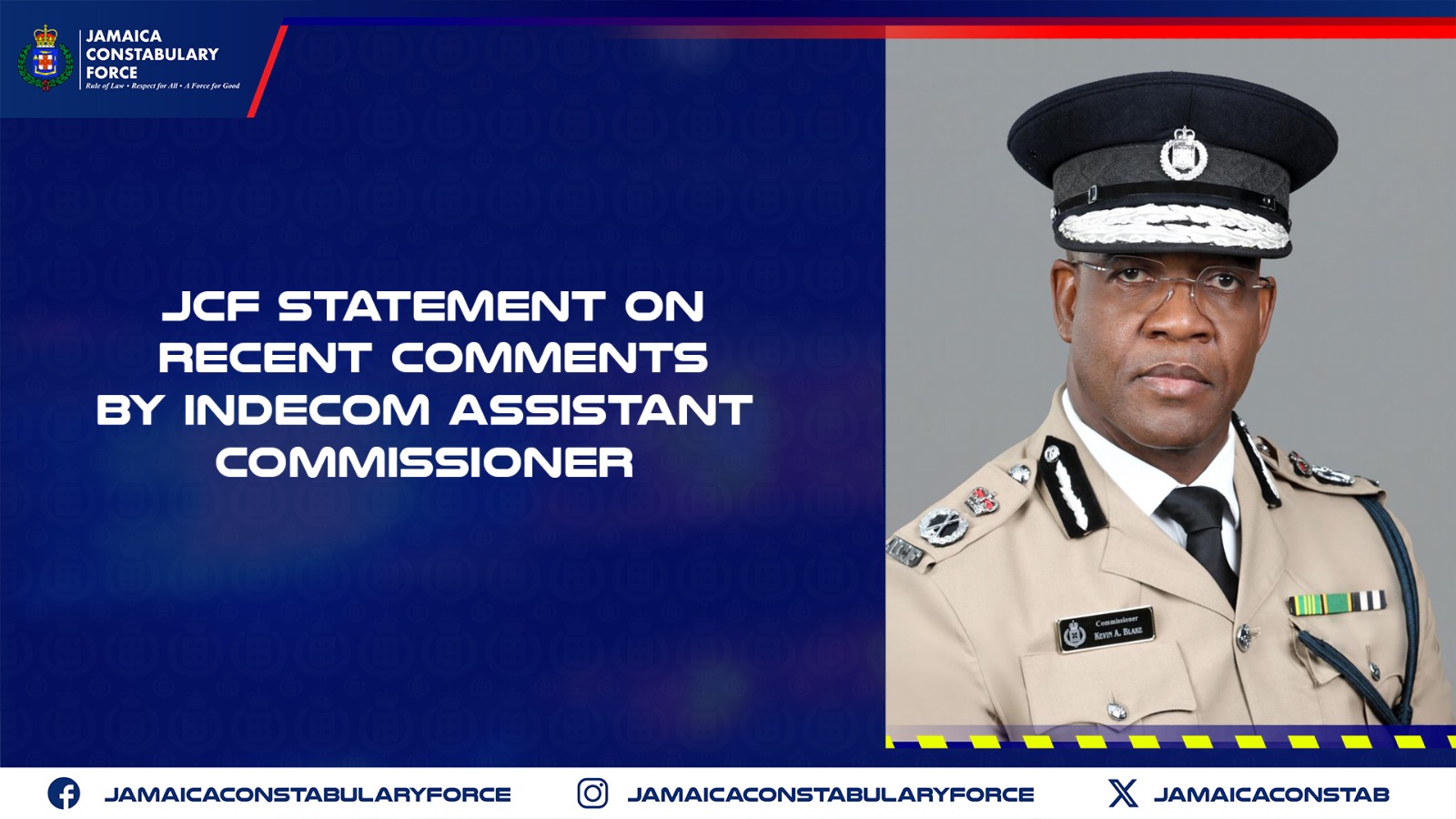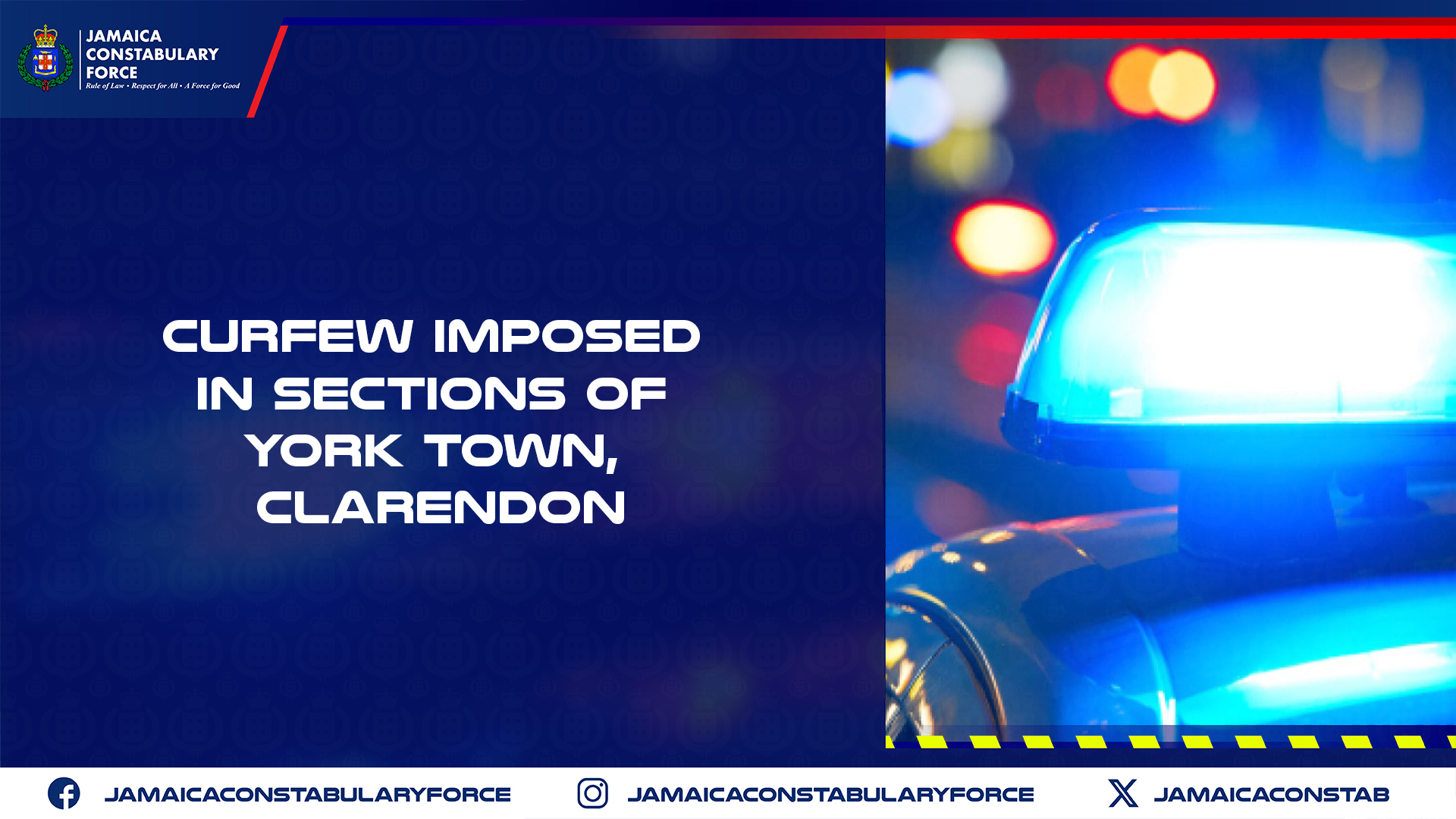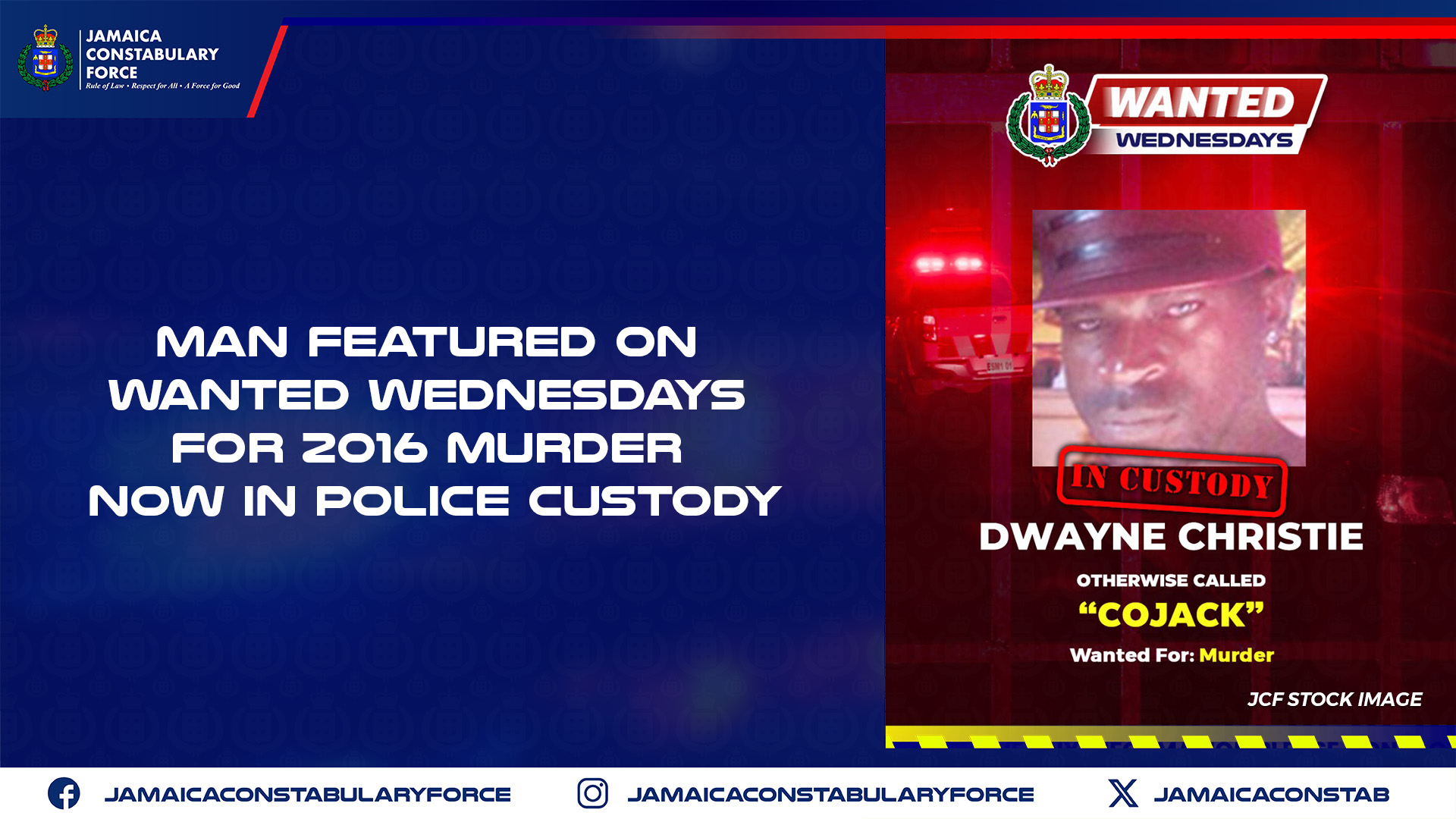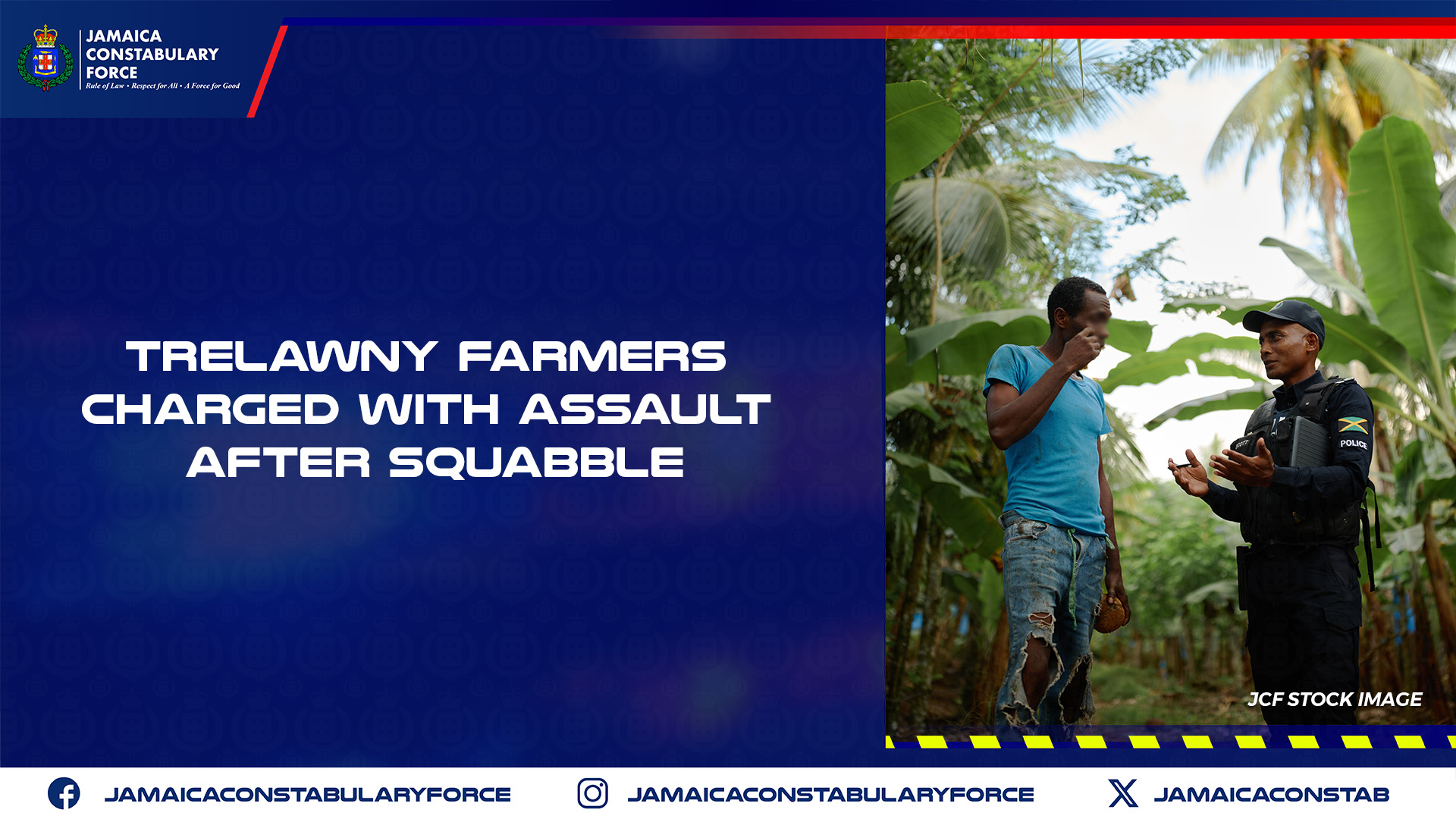
Performance, Trust, and the Promise of a Peaceful Jamaica
There has been a revolution that has been underway within the Jamaica Constabulary Force. The past is not being ignored. Actually, it is being confronted, studied, and repurposed. Deputy Commissioner of Police Richard Stewart, writing in the Commissioner’s Corner, delivers a pointed and structured meditation on how policing, leadership, and public trust must evolve in tandem. His contribution represents a very useful and timely statement of ideological and operational clarity.
DCP Stewart does not shy away from quantifiable achievement. The collective goal that has been on the lips of every member of the Constabulary Force since the beginning of 2024 has coalesced this year into a rising chorus. Mr Stewart notes that, “We are less than one hundred days to the end of the year and experiencing over 40% reduction in murders. The sub-1000 is within reach.” These are the hard metrics of transformed operational thinking. Here, Stewart is presenting a clear-eyed recognition that sustained reductions in violence are achievable, and no longer a theoretical aspiration.
This notion gains deeper legitimacy when viewed against the timeline of a longstanding critic of the Force, Professor Anthony Harriott. In 2009, Harriott suggested Jamaica would require 20 to 30 years of transformation to realise peace. Stewart revisits that thesis with a new sense of possibility. “Given our current progress … we will achieve murder rates that are comparable to countries defined as peaceful well before 2039.”
This is not a rebuttal, but rather, a reframing. The JCF is not erasing criticism. It is internalising it. “Experience should be distilled into lessons,” Stewart quotes Harriott as saying. This principle has become institutional strategy. The organisation is shedding its defensive posture and evolving into one that analyses itself with rigour.
That process includes confronting the shadow of its own public image. Stewart recalls a particularly corrosive assessment: the notion of a ‘toxic’ JCF culture described by Harriott in 2018. “You take the car and you go off and drink rum and do no investigation.” Stewart acknowledges the sting but offers a simple, devastating counter: “If you attended any of the 174 stations… it would be slighted as we had to go and imbibe rum.” The caricature dissolves in the face of lived experience.
This deliberate engagement with criticism signals something deeper: a shift from performative self-assurance to authentic public accountability. Stewart articulates a truth that few public leaders admit: “Public trust and admiration may be earned as our current performance is proving.” The proof is in the operational output, in the response times, in the community relationships, and in the tone of national discourse that is beginning to acknowledge progress without the reflexive cynicism of earlier eras.
None of this happens without support. Organisational resilience is not merely the result of individual heroism. It is rooted in systemic backing. Stewart closes with the words of Commissioner Blake, underscoring the leadership philosophy that underpins the transformation: “As your Commissioner, I have your back… you can count on me to do everything in my power to ensure that you have the resources and training to execute the mission.”
There is a maturity in this moment. The JCF is not attempting to outrun its past. It is absorbing it, metabolising its lessons, and building something new. Trust is no longer demanded; it is being earned. Criticism is no longer evaded; it is being integrated. Leadership is no longer positional; it is personal.
The transformation of the Jamaica Constabulary Force stands as clear evidence that institutional change is possible within the public sector. The Force has not only adjusted its tactics but redefined its systems, culture, and leadership architecture to meet the demands of a changing society. These efforts have yielded measurable results. The reduction in violent crime is not an anomaly. It is the outcome of disciplined leadership, strategic planning, and a renewed sense of organisational purpose.
Institutional transformation depends on structure, not sentiment. The JCF has prioritised professional development, data-informed decision-making, and internal accountability. These are not decorative reforms, but foundational elements of a modern police service. They ensure consistency in operations, integrity in leadership, and predictability in service delivery.
The JCF’s transformation highlights an essential truth: public institutions achieve lasting impact when their mandates are clear, their leadership is competent, and their systems are designed to support performance. The Constabulary has made these investments. It has built the internal frameworks necessary to sustain progress. These changes do not depend on chance. They reflect conscious effort, guided by a strategic vision.
Jamaica’s success in reducing crime will reflect the health of its institutions. The JCF is now one of the strongest indicators of that health. Its transformation strengthens national resilience. It enhances the quality of public safety. It reflects a maturing democracy that understands the value of strong, ethical, and high-performing institutions.

